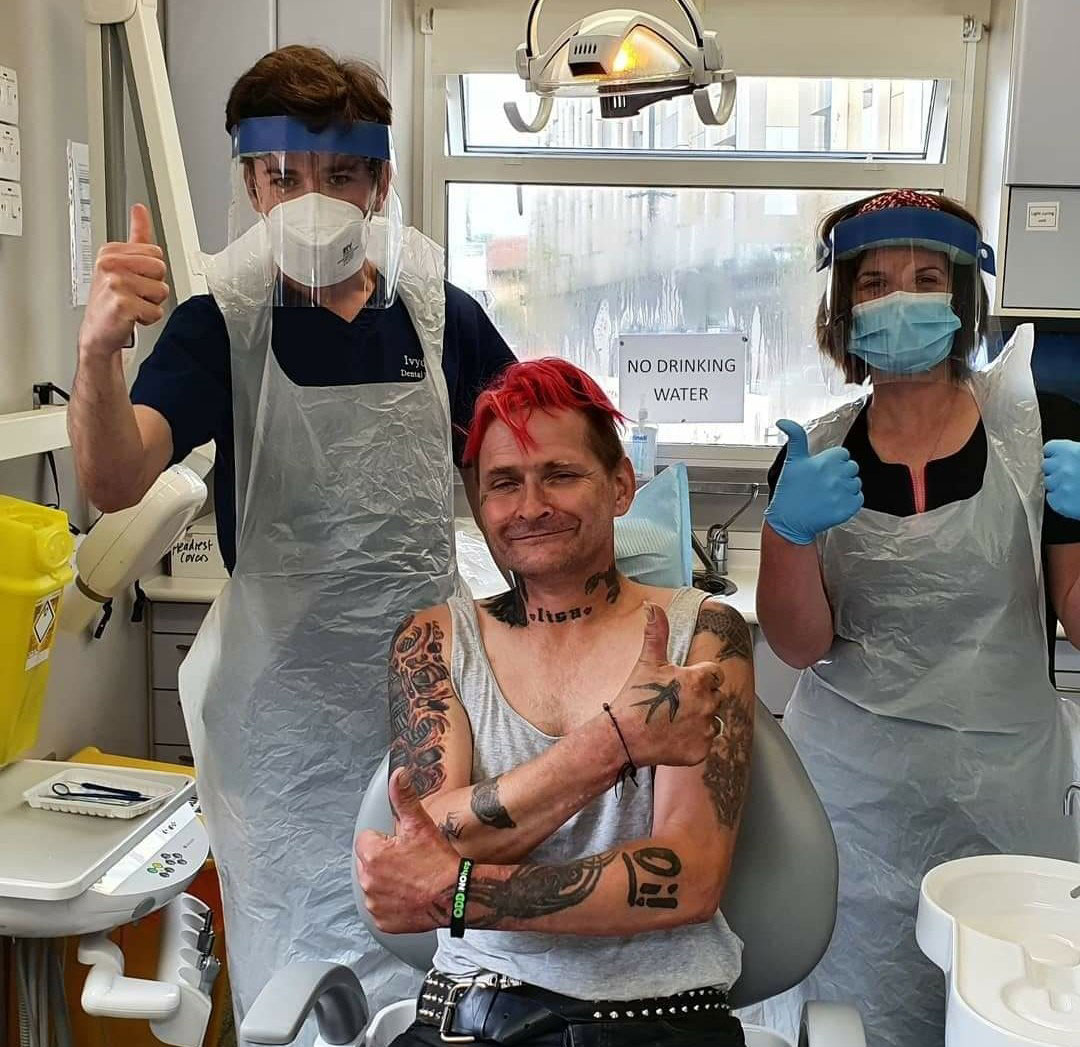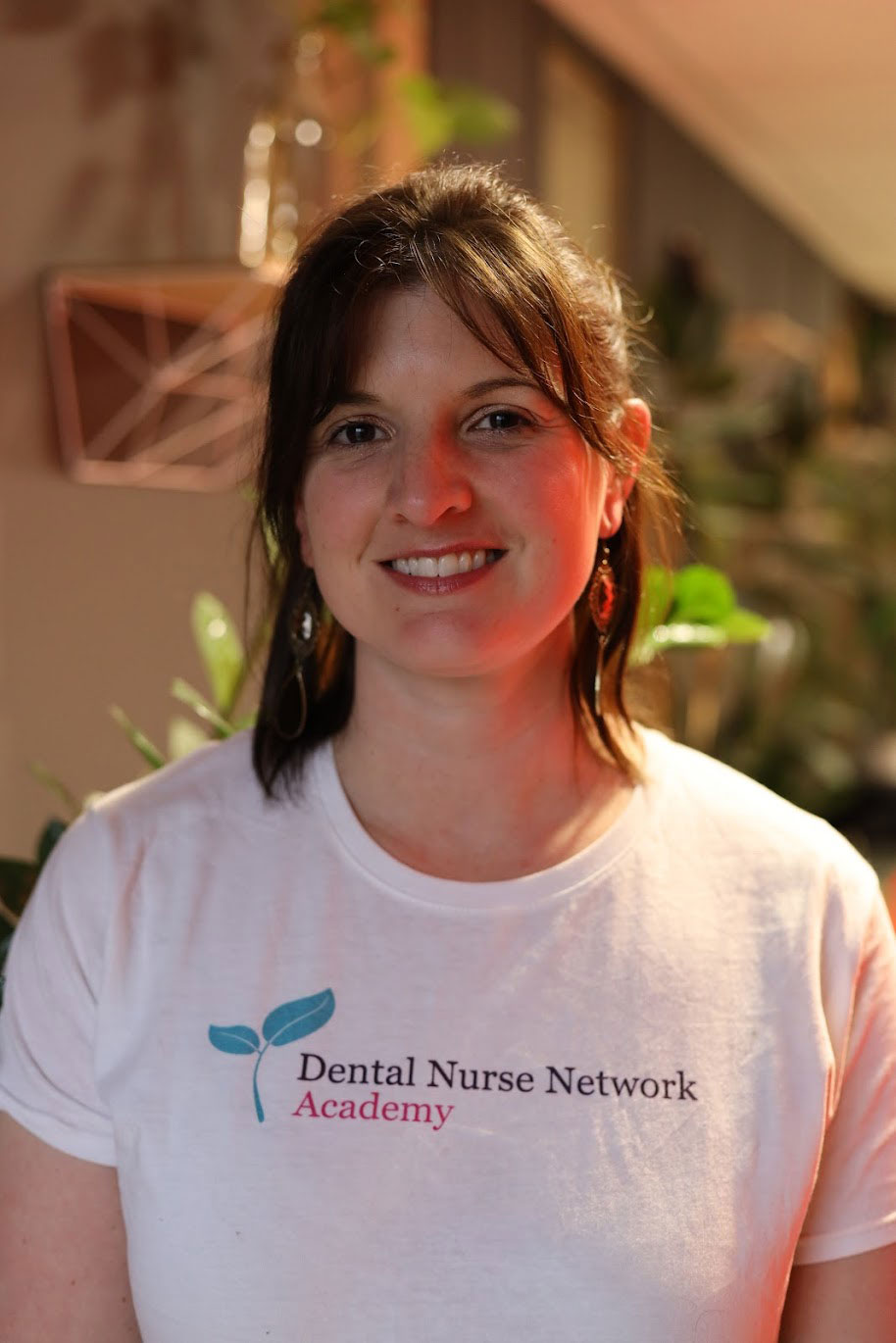 Over the last few years, through social media in particular, I have become aware of a growing sense of frustration in the dental industry. People are feeling unheard and uncared for. They feel that they are giving their all to the ‘team’ but get little in return and have no job satisfaction.
Over the last few years, through social media in particular, I have become aware of a growing sense of frustration in the dental industry. People are feeling unheard and uncared for. They feel that they are giving their all to the ‘team’ but get little in return and have no job satisfaction.
Interestingly, for dental nurses this primarily seems to manifest itself as concern surrounding payment. Many dental nurses feel that they are not being paid what they feel is their ‘value’.
Controversially, though, whilst I appreciate that money is important, there are two issues surrounding pay rises that I think we need to think about. They are:
- Practices are businesses and run with incredibly high overheads; from a practice management and ownership perspective, I fully appreciate that pay is a touchy subject and that pay rises can be hard to implement.
- Is higher pay really the thing that will give us dental nurses the job satisfaction we are craving and make us happier and more proactive in the workplace?
Let's have a look at each of these points in more detail.
Point 1) is something that does need to be considered by us as dental nurses, and we do need to have an understanding of business finances in order to be empathetic in our approach to practice owners and managers when asking for pay rises.
The first thing we have to do when considering the practice as a business is to understand what the hourly cost of running one surgery in the practice is. This can be hard, as many practice owners do not like to share information on their accounts readily, but as dental nurses we can at least try to work out a rough guess.
NHS practices do receive a monthly payment from the NHS. This is 1/12 of the annual contract. With the 1/12, the practice owner has to pay the other clinicians their UDA allowance as well as all of the costs below.
Private practices have to rely purely on the patient’s attending and having treatment.
Sit in your surgery and think about the following things that the practice has to cover per hour in order to be open. Forget at this stage taking any profit; this is simply about covering costs. There is:
- Lighting
- Electricity for appliances
- Heating/air conditioning
- Maintenance, servicing and repair of equipment
- Computers and software
- Materials and instruments
- Waste collection
- Water
- Laboratory
- Receptionist
- Dental nurse
- Clinician
I am sure there are other expenses that I cannot think of as I sit writing this. To try to put these things in perspective, though, I was recently at a training day, and the speaker commented that on average, a surgery needs to bring in approximately £250-£280 per hour to break even (this was in February 2022). Note this is per surgery - not per practice. So, for example, a three-surgery practice would need to bring in approximately £750-£840 per hour just to cover costs.
The pandemic has meant that for many practices, it has been heading towards impossible to achieve the above income due to the need for fallow time and due to reduced patient numbers (and due to being, for a while, completely shut). Although this is now all over (hopefully for good), it will take practices time to recover from the overall financial impact of the pandemic - it will not be a quick fix.
It is important to note, though, that taking an empathetic approach does not mean not asking for a pay rise; it’s about doing it in the right way and making sure that you are adding value to the practice - for example, by offering to stay late to see a patient instead of waiting to be asked.
So, ask for that pay rise! Go for it … but make sure you are open to conversations and discussions, pick the right time and do it privately - remember that this is your pay rise and nobody else's and that team members should not be comparing pay. You should not be talking about it or letting the rest of the team know if you get it. When asking for a pay rise, you should always remind your manager of why you feel you should be awarded it. You should mention the value you bring to the practice, your years of service, and any other information you feel is worth mentioning.
Be mindful as well of the impact that the recent pandemic will have had on the practice as a business; if the practice says ‘no’ at the moment, do not take this personally. Instead, look at seeing if they will consider the pay rise again in three months’ time, for example, when the practice may be on a more stable financial footing.
I do also want to raise the point here that with all of the above advice, I am talking about those ethical practice managers and owners who you know are doing their best to provide long-term job security for the whole team, to provide excellent care for the patients, and to keep the practice open. I am fully aware that there are practices out there with a much less ethical approach to being employers, and in those circumstances I do encourage you to think about your role in the team; there are ethical practice owners out there, and at the moment dental nurses are in short supply and high demand.
It is important for us to remember that no one is making you work in a specific job and that you do have the choice to leave at any point and find a more suitable practice. If you are in a great practice where you are happy, bear in mind that it is not always easy to find the same work conditions even if you are offered better pay. I have heard countless stories of nurses leaving their practices for better pay only to regret it as the new practice does not have the same standards or workplace culture that they are used to. Pay level does not always equate to a happy workplace, and this leads us into Point 2) above - Is pay really the thing that will give us dental nurses the job satisfaction we are craving and make us happier and more proactive in the workplace? It is this second point that I have been thinking about more and more recently.
I think that as dental nurses we can have more control over this issue and we can work to resolve it for ourselves. So let's do that and get some control back over the way we feel about work!
 As many of you will know from my recent articles, I have been doing volunteer work for Dentaid, where there is no pay at all but the job satisfaction is sky-high. So what is the difference?
As many of you will know from my recent articles, I have been doing volunteer work for Dentaid, where there is no pay at all but the job satisfaction is sky-high. So what is the difference?
I think one of the key things has been expectations; I am not expecting anything for my time volunteering, so when I receive the gratitude of the patients and team it means even more to me. I also noticed that it takes me back to the very basics of the role and treatment provision, which reminds me why I wanted to join the dental industry in the first place. I am also able to talk more with the patients and dentist, as the emphasis is on providing the patient with attention, pain relief and some preventative advice, and if we take one hour with one patient, then that is fine. The pressure of time-keeping is off, and the pressure of bringing in ‘the money’ is off. If only this could be transferred to general dental practice - but it can’t be.
So, if that is the difference, how can we make ourselves more content in practice on a day-to-day basis? Again, I am possibly being contentious, but perhaps even one of the thoughts below may help if you are in that position of feeling the daily grind and a lack of job satisfaction and are unsure of what to do to change this.
- Start with the right attitude. We have all heard it and possibly are on the verge of finding it a very annoying phrase, but have a positive attitude. Go into work determined to smile and find the fun again in your role, have no expectations over the gratitude you will receive or think you deserve, and then enjoy it when your work is noticed by patients.
- Thank the team around you. It sounds silly, but if, like me, you want a thank you for going above and beyond for patients or the team, then notice and thank others when they have done that for you. Show people that you notice the little things that make your day easier, and they will do the same for you. Lead by example within your team.
- Communicate effectively. Anyone who joined us during our Covid-19 support calls throughout 2020 and 2021 will know that to me the key to a great team is effective communication. But this is a two-way street. If you are unhappy, if you feel ‘walked over’, talk to your practice managers and owners but … do not get into the bad habit of acting on these feelings by ‘gossiping’ with team members. Be professional, be respectful and go to the practice leaders and explain what you feel and why. Don’t make situations worse and create bad feelings within the team or, for that matter, within the industry.
- Finally, remember why you started working as a dental nurse in the first place. As a general rule we are practical, caring and sociable people - the exact qualities of a great dental nurse. Enjoy the variety in the day in a dental practice, the different patients you get to interact with, helping people who are nervous or in pain … even the odd bit of ‘gore’ during an extraction can be interesting. Ask questions (in the appropriate moment!) of the clinical team and of patients, and learn throughout the day so you do not feel you are just doing ‘the same old thing’. Look at doing courses - not because you will necessarily get a pay rise but because it will add value to your day in other ways; maybe you can gain a certificate in oral health education and run your own oral health clinic and be more involved and hands-on with the patients.
Whilst we may not get the pay rises we feel we deserve, if we can find some job satisfaction in other ways we can make our days more enjoyable and take control of our roles within the team and hopefully make ourselves happier.

About the author
Stephanie is the head tutor at Dental Nurse Network academy. She is a registered dental nurse with over 18 years of experience in the dental field. She is a qualified dental hygienist and therapist, dental nurse, Level 5 tutor, Level 4 quality assurer and Level 3 assessor. She is also a Level 3 basic life support/medical emergencies instructor. She is passionate about personal and professional development, has completed many more qualifications and is currently studying for a diploma in mentorship and coaching.